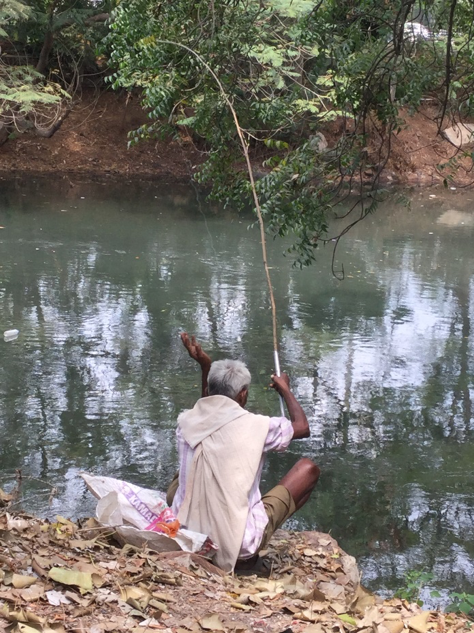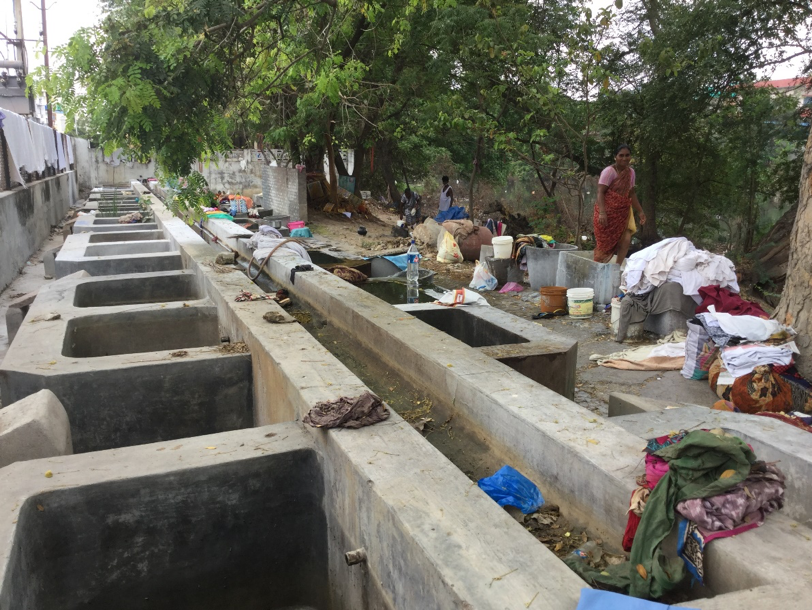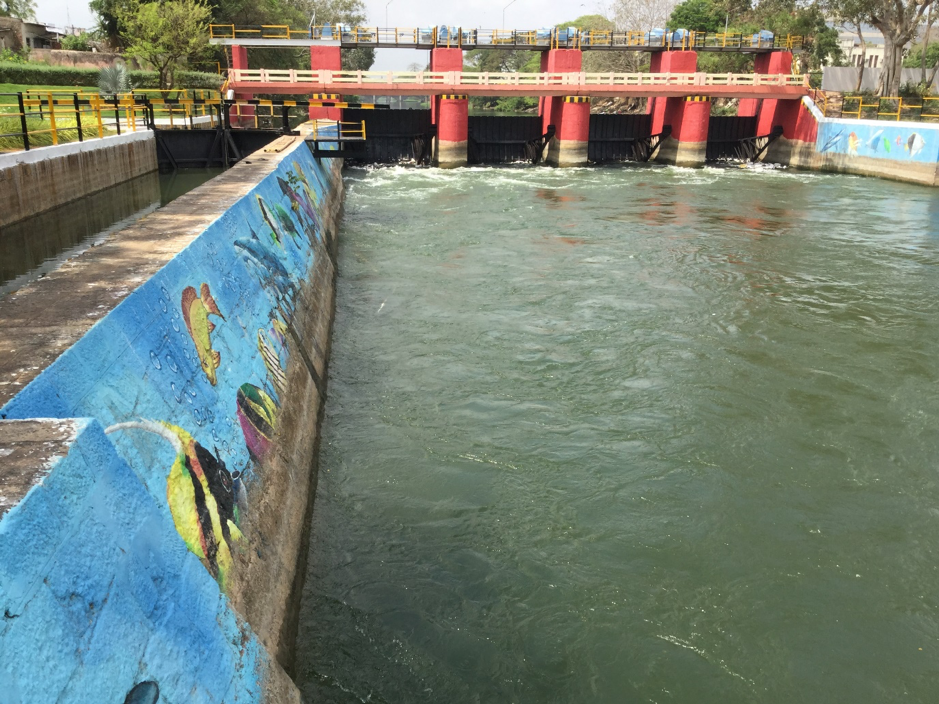We’re improving water quality in Vijayawada, India
The CRCWSC is enhancing stormwater management, urban biodiversity and green space in three canals in Vijayawada, India. It’s part of our contribution of technical support and conceptual design to deliver water sensitive elements to Amaravati and Vijayawada, two projects under an initial $1 million agreement with the Andhra Pradesh Government.

Our aim is to move Vijayawada towards sustainable urban water management, and to demonstrate innovative retrofits of nature-based solutions for water management into existing urban water infrastructure. We expect our work to have far-reaching implications, and make Vijayawada an exemplar for water sensitive transformation of Indian cities.
In particular, three canal sites (known as Ryves Canal, Eluru Canal, and Bandar Canal) will act as demonstration sites for creating greater ecological functions in this highly urbanised city, and will lift the city’s urban liveability and sustainability.
Part of our process is ensuring the work attracts a critical mass of government and community engagement, to raise awareness of the multiple challenges and corresponding solutions related to urban water management.

The challenges
The canals currently supply drinking water to downstream villages as well as irrigation water, but have:
- near constant flow of greywater, with blackwater cross-connections at all outfalls
- low water levels during baseflow, creating poor amenity and high odour
- very large litter loads, especially at outfalls and ‘snagged’ in the canals under baseflow
- open street drains vulnerable to illicit discharge of oils, fats and detergents
- poor public connection with canals and recognition of the value of linear green space.
The solutions
The challenges are balanced by the opportunities to introduce water sensitive urban design solutions, such as:
- creating three diverging green spines (canals) through the city
- enhancing urban biodiversity and habitat
- activating the canal edges and linking them to streetscapes and public spaces
- connecting more people with waterways for recreation, such as fishing
- improving aesthetics in highly visible waterways
- improving water quality for downstream villages
- reducing public complaints and politicising of issues
- improving water management as a catalyst for catchment-wide social and behavioural change.

We’ll be tackling our work in the canals in four stages:
- Site assessment and diagnostics, information review, and capital city works planning
- Workshop facilitation to develop potential water sensitive solutions for adoption
- Development of a conceptual strategy for a selected reach of one of the canals, with concept design of up to four water sensitive elements to be integrated into existing tributaries (drains) and/or canal corridor
- Capacity building/training facilitation with Vijayawada based municipal officers and selected private consultations, to support translation of concept to detailed design for implementation.
Last month, we completed stage 1 and reported our findings to the Commissioner for the Vijayawada Municipal Corporation, Mr Rama Rao.
We returned to Vijayawada in mid-April for co-design workshops with local practitioners from the various state and local government departments with interest in the management and operation of the canals.
The CRCWSC is proudly working with SME associates Morphum Environmental, Realm Studios and E2Designlab on the Vijayawada project. It complements our water sensitive design of Amaravati, a greenfield development project in Andhra Pradesh. Amaravati is being built from the ground up, and the CRCWSC and its SME Associates Alluvium and Realm Studios are excited to be able to help build liveability, resilience and sustainability into a new city through water sensitive practices. You can learn more about our work in Amaravati here. Support from the Australian Water Partnership and the Department of Foreign Affairs and Trade has been critical to both projects.
For more information about these projects, contact our Commercial Manager, Malcolm Eadie, at malcolm.eadie@monash.edu.